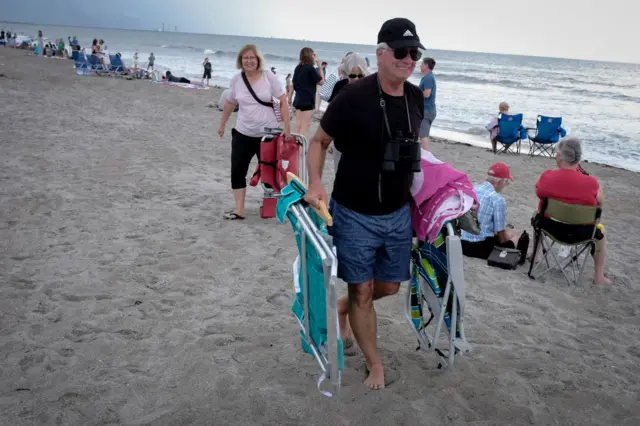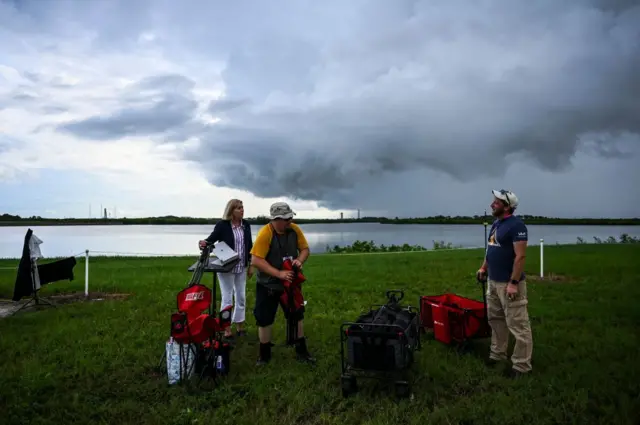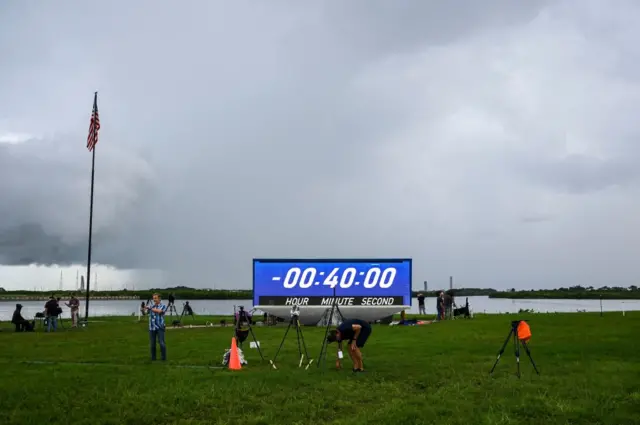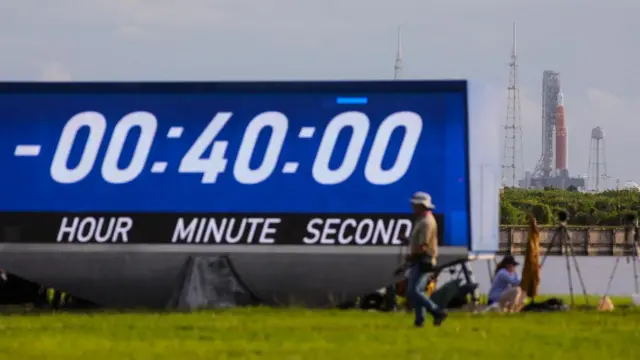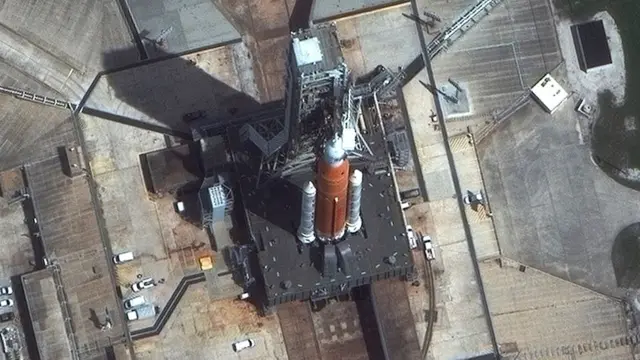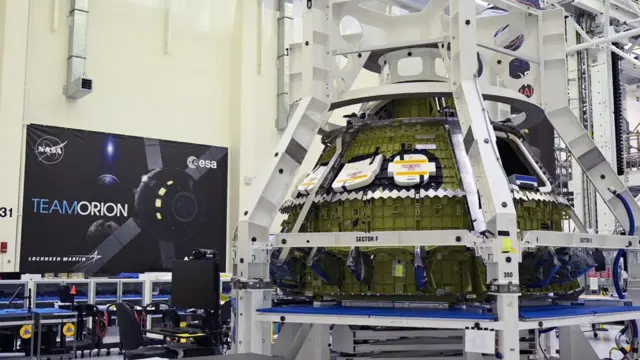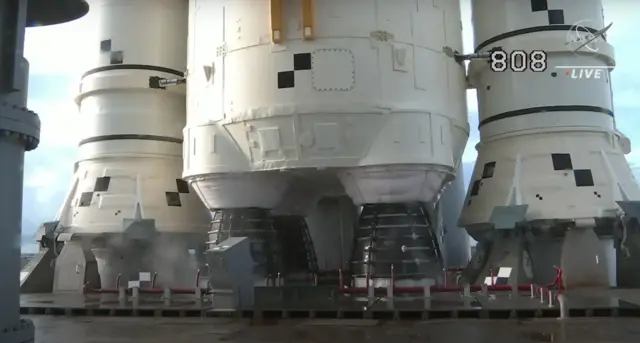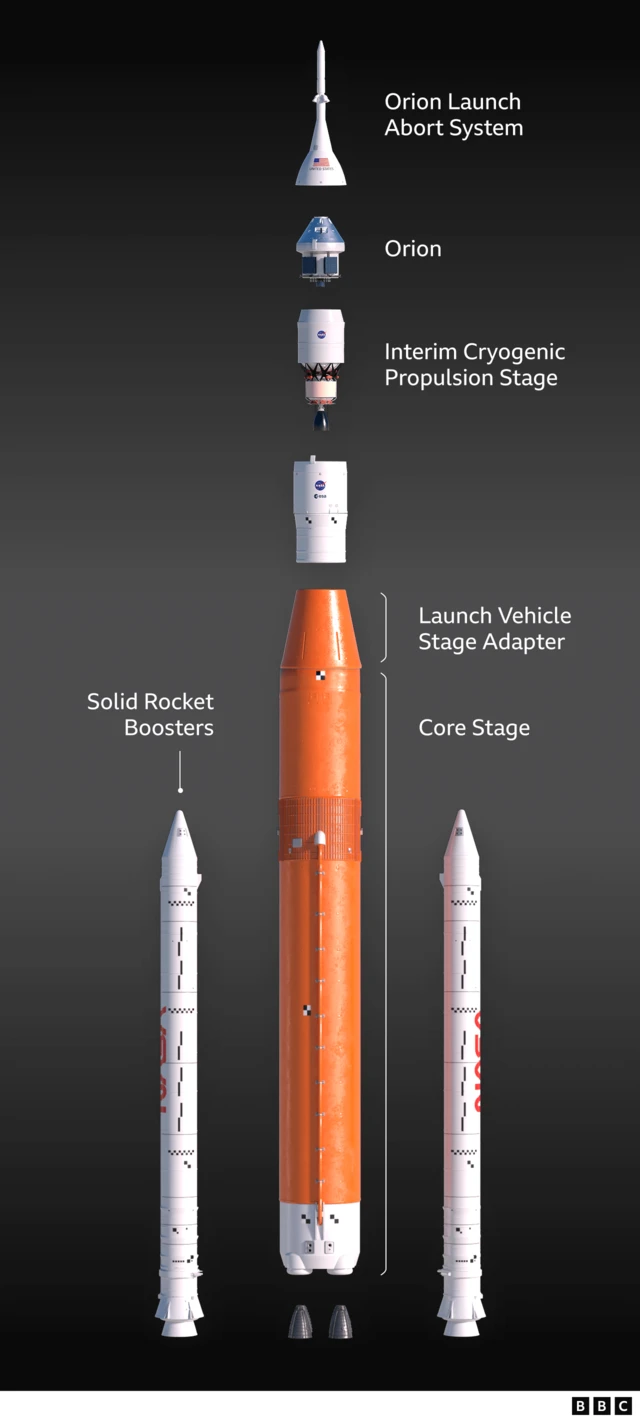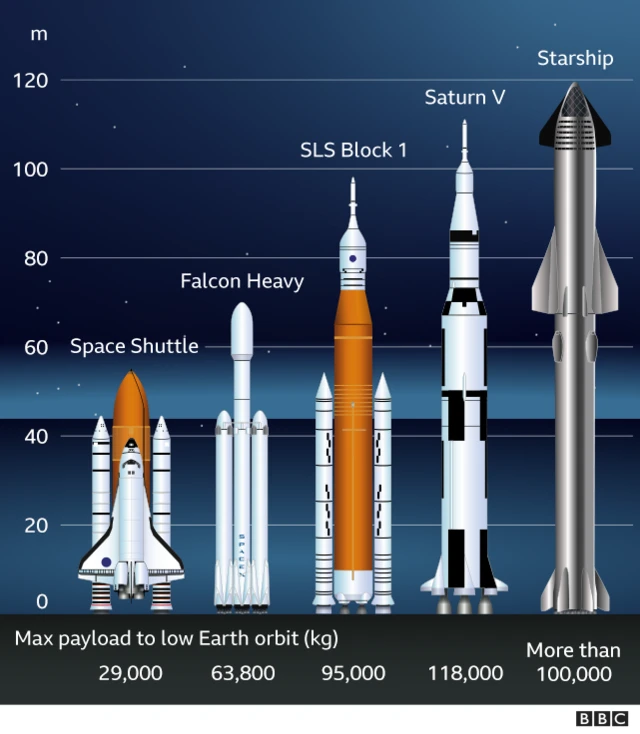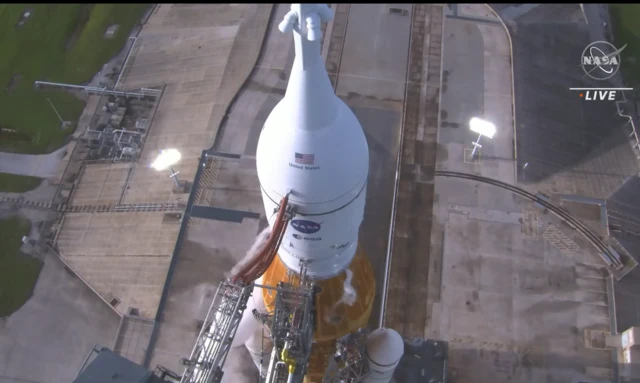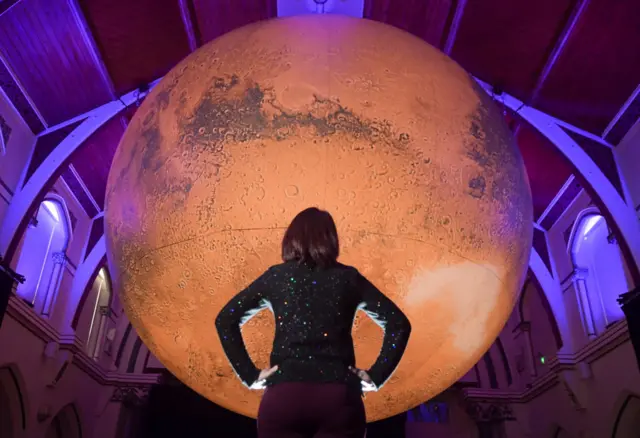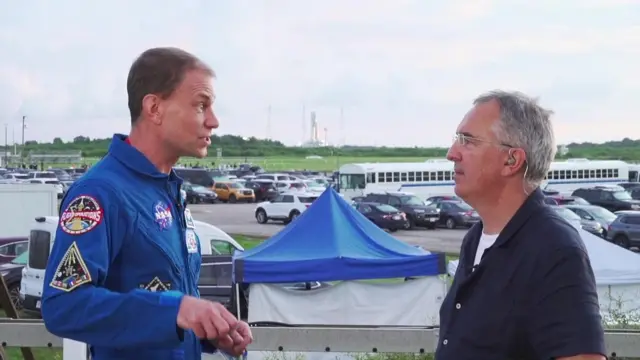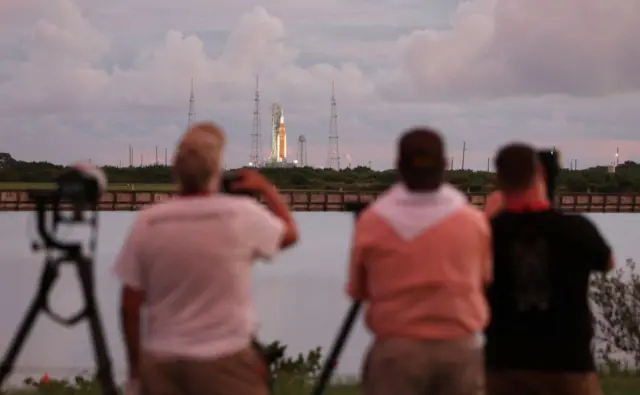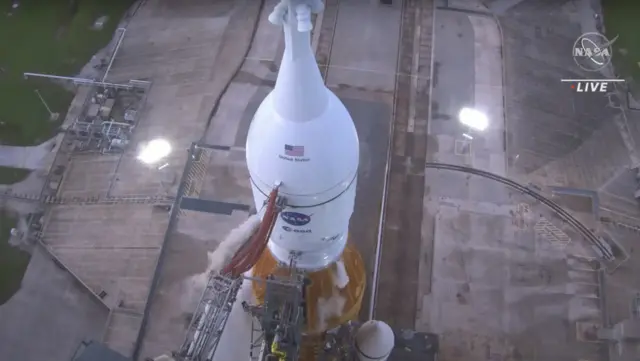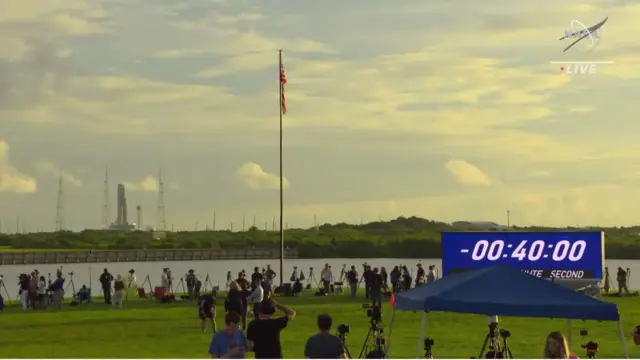We'll be back for the next attemptpublished at 15:08 BST 29 August 2022
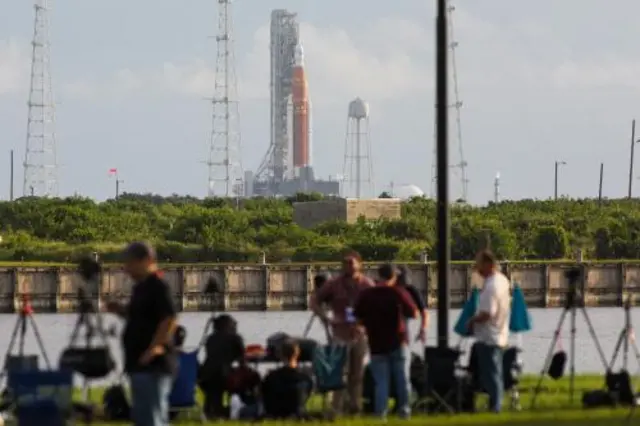 Image source, Reuters
Image source, ReutersWe're putting our live coverage on pause for now, while Nasa engineers try to resolve the issues that have cancelled today's launch.
But we'll be back as soon as they do, so join us then to follow the launch of Nasa's biggest ever rocket.
In the meantime, here's a round-up of what's been happening today:
- Nasa was due to launch its most powerful ever rocket - the Space Launch System - from Florida's Kennedy Space Center
- This would have been the first test flight in the Artemis programme - to take humans back to the Moon for he first time in 50 years
- But the launch has been hampered by technical glitches - first a crack was found, then engineers were trying to stabilise the temperature of one of the big engines under the rocket
- The launch was finally called off when Nasa announced an "engine bleed" could not be fixed in time
- Nasa can try again on Friday, or on 5 September
We'll have our engines fired up then to bring you the latest updates as they happen.
